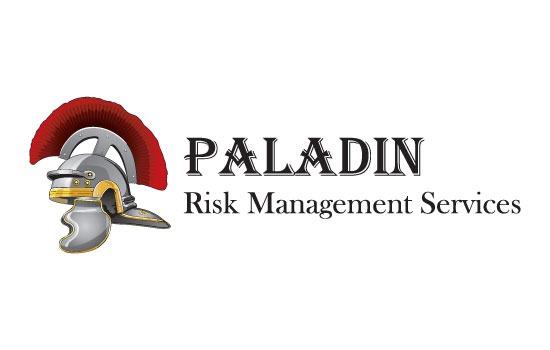
A downstream risk is defined as a risk that eventuates when new treatments or controls are introduced. When developing risk treatments for an identified risk, it is important to take the time to consider what these downstream risks might be and the damage they can cause. Of course, there will be flow on risks no matter what treatments we put in place, however, it is when these treatments have the potential to lead to events that have more significant impacts to the business that we need to stop and assess the wisdom of their implementation.
A perfect case in point is the recent Legionnaires outbreak at the Wesley Hospital in Brisbane.
It is unclear as to why, but the temperature in the Wesley Hospital’s hot water systems had been turned down to 45 degrees Celcius. It may have been that the hospital had assessed that there was a risk of a patient being scalded or there may have had an incident where it happened; or, it may have been an efficiency measure to reduce operating costs. Whatever the reason, a decision was taken to reduce the temperature of the hot water. This can be achieved in two ways. The first is to install tempering valves on all hot water systems. These valves maintain the temperature in the hot water system itself, but reduce the temperature as it flows through the valve. They cost money to install and do not reduce running costs. The second is to simply reduce the temperature of the water in the hot water system. Whilst this is the easiest and cheapest solution to reduce the risk of scalding, some simple research on the internet would have identified that Queensland Health had produced a fact sheet that states:
“Hot water tanks are required by Queensland law to store water at 60 C or more to reduce the risk of Legionella multiplication. The practice of turning down or turning off hot water systems to reduce power consumption may increase the risk of Legionella multiplication”. (Source: Queensland Health – Legionnaires disease- reducing risk in the home).
Mandatory testing of hot water systems is not required in Queensland and, as a result, Wesley Hospital did not identify the outbreak until after one patient had died and another was admitted to the Intensive Care Unit.
Treating risks is important – but just make sure that the cure is not worse than the original disease.

PO Box 359, MITCHELL ACT 2911 Australia T 0400 666 142 | F 02 8208 7398 E [email protected] W:www.paladinrisk.com.au


